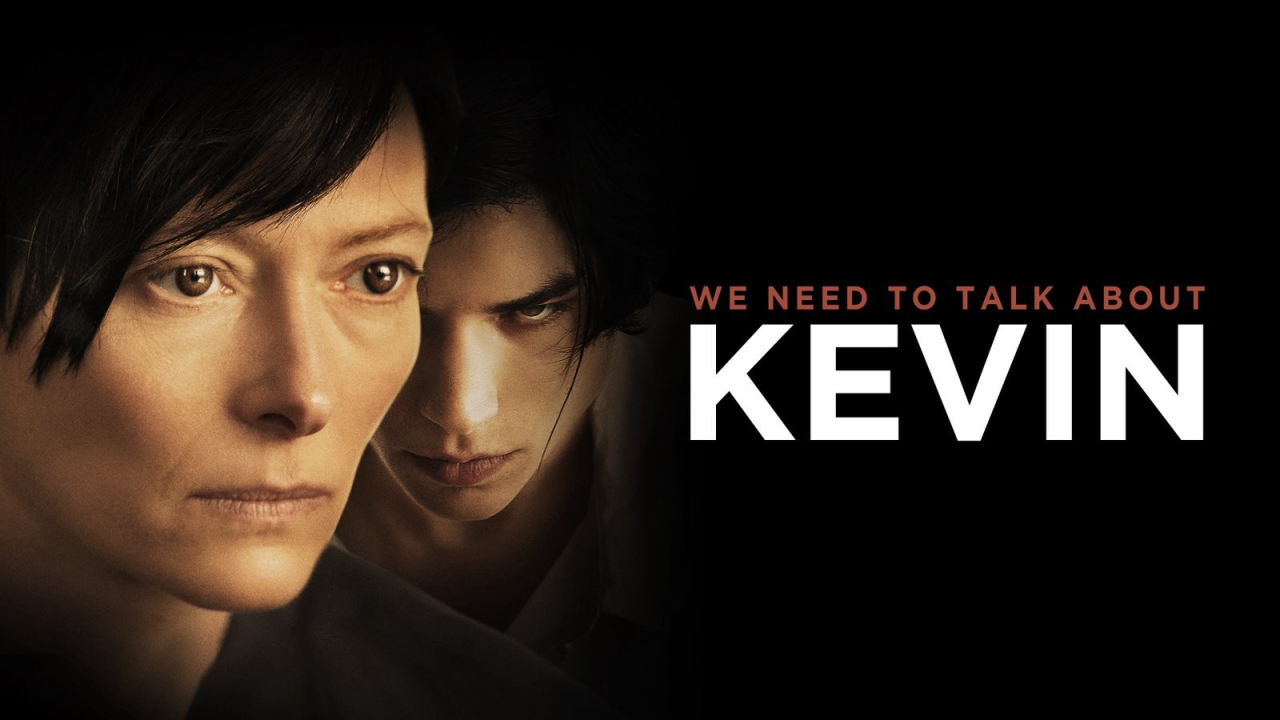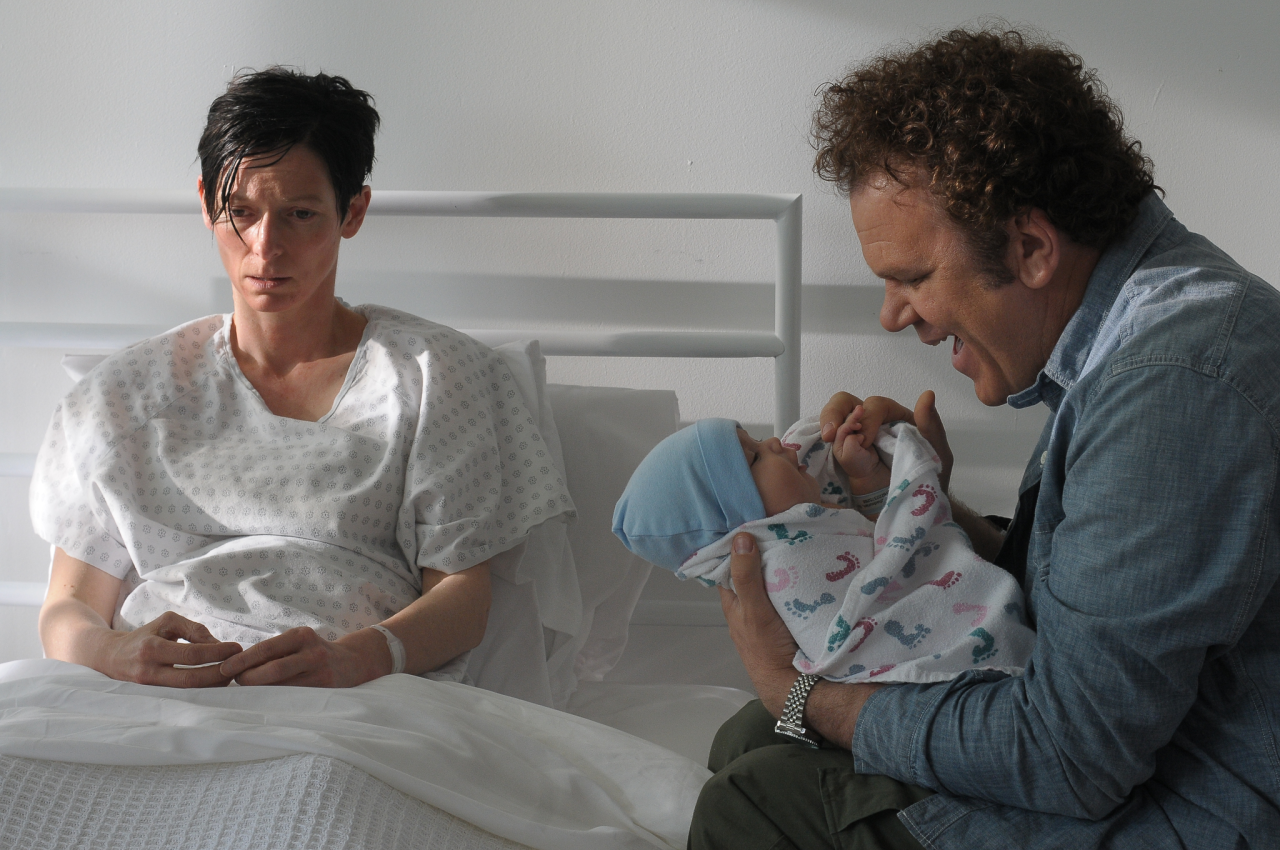
Lynne Ramsay’s We Need to Talk About Kevin is not just a psychological thriller—it’s an emotional gut punch, an impressionistic fever dream of guilt, fear, and the silent horror of watching your child become a stranger. Adapted from Lionel Shriver’s novel, the film unravels like a trauma-induced memory: nonlinear, fragmented, and soaked in the color of blood and shame.

Tilda Swinton delivers a tour-de-force performance as Eva, a former travel writer whose life is reduced to hollow survival after her teenage son, Kevin, commits an unimaginable act of violence. The narrative weaves through past and present, chronicling Eva’s fraught journey from reluctant motherhood to public pariah, haunted by the question that has no answer: What went wrong?

From the beginning, Eva’s connection with Kevin is strained, his behavior unsettling even in early childhood. As he grows, Kevin (played with terrifying stillness and malice by Ezra Miller) becomes increasingly manipulative, cruel, and eerily perceptive—especially in how he torments his mother. Yet the film resists easy conclusions. Is Kevin inherently evil? Or is he shaped by Eva’s visible ambivalence and emotional distance?

Ramsay directs with razor-sharp precision and poetic intensity. The visual language is symbolic and unnerving—red paint, jam, and blood blur together in a visual motif that stains the entire film. The sound design is sparse and sharp, often plunging the viewer into uncomfortable silence before spiking with dread. Every frame feels deliberate, as though we’re peering through the eyes of someone reliving their worst memories on a loop.

This is not a story of catharsis. We Need to Talk About Kevin offers no clean resolution, no redemption arc. It sits in the discomfort of unanswerable questions: Can you love a child who doesn’t love you back? How much responsibility does a parent bear when a child chooses evil? And what does it mean to live in the aftermath, every day?
Disturbing, emotionally relentless, and artistically daring, Ramsay’s film lingers like a bruise—dark, deep, and tender to the touch. It’s not an easy watch, but it’s a necessary one for anyone willing to stare directly into the emotional complexities of parenthood and moral ambiguity.